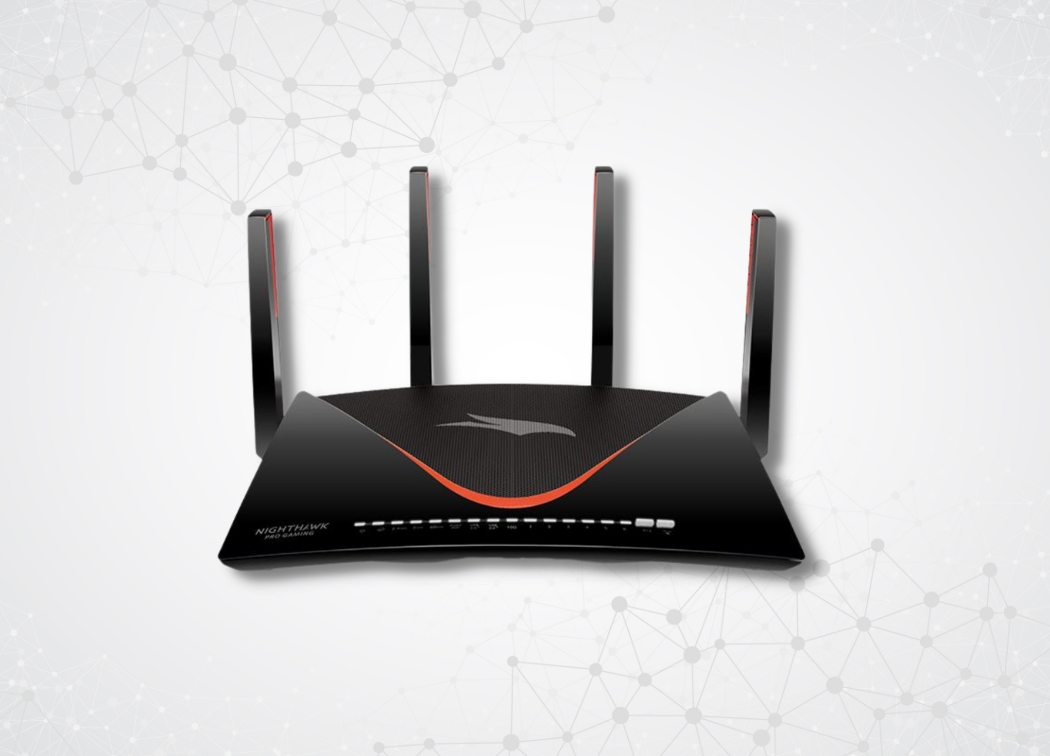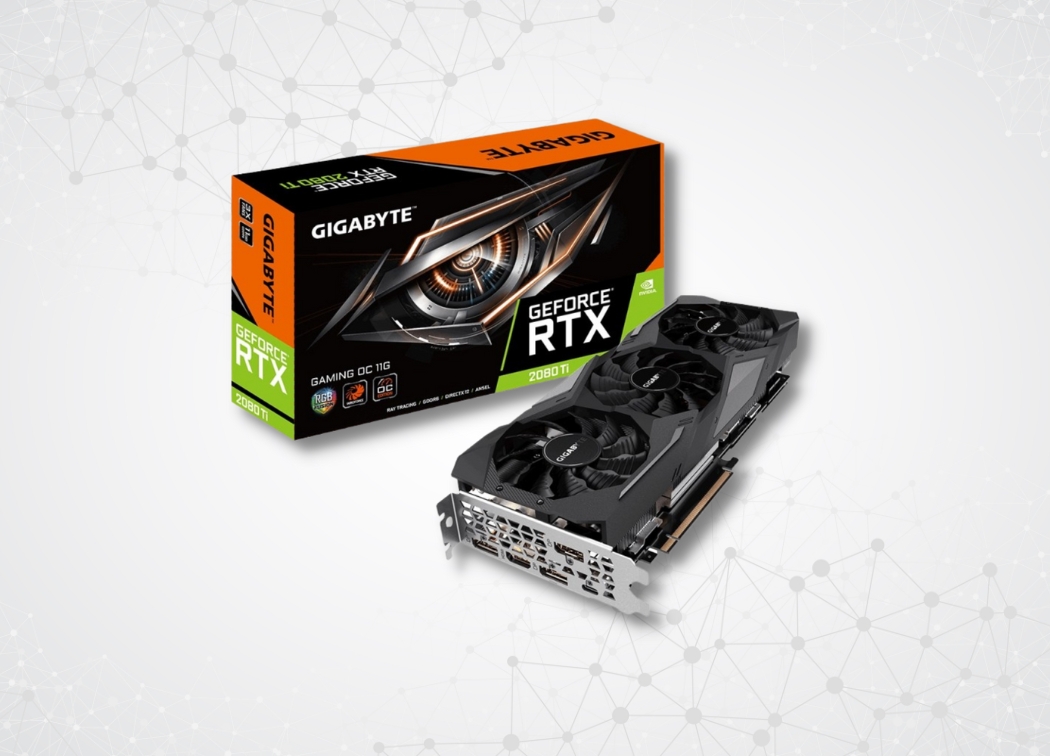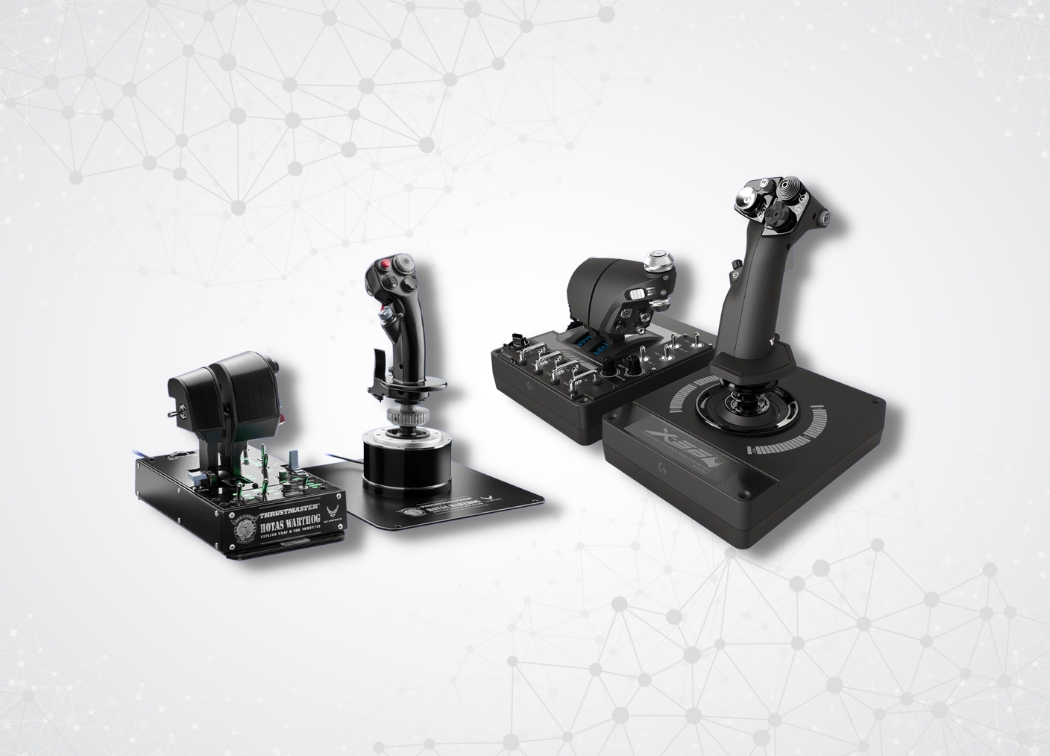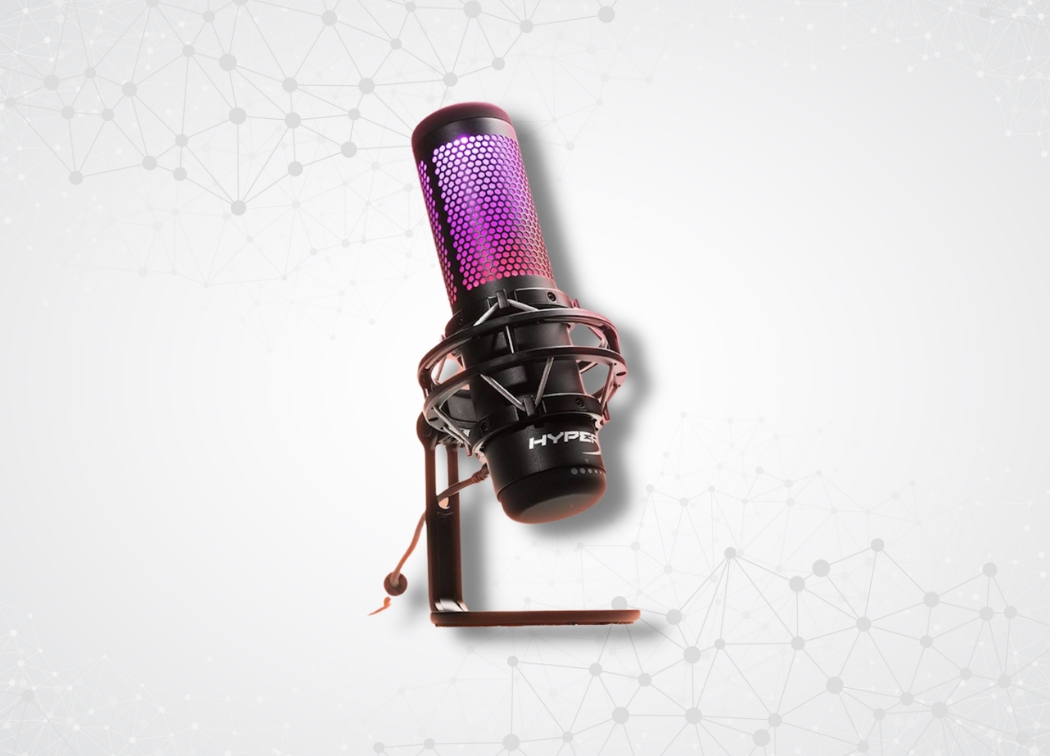When it comes to building our gaming rigs, many of us are almost obsessive about squeezing every last drop of performance out of our hardware.
This is why so many of us chose PC gaming to begin with: so that we could stay right at the cutting edge of graphics and performance, upgrading our components as needed, so long as our budgets allow.
But staying at the leading edge is not just about spending the most money and getting whatever the latest CPU or GPU might be.
It’s also about making smart choices and about knowing the difference between different types of chip.
For your CPU then, should you go with AMD Ryzen or Intel? Which will result in the fastest gameplay and the best futureproofing?
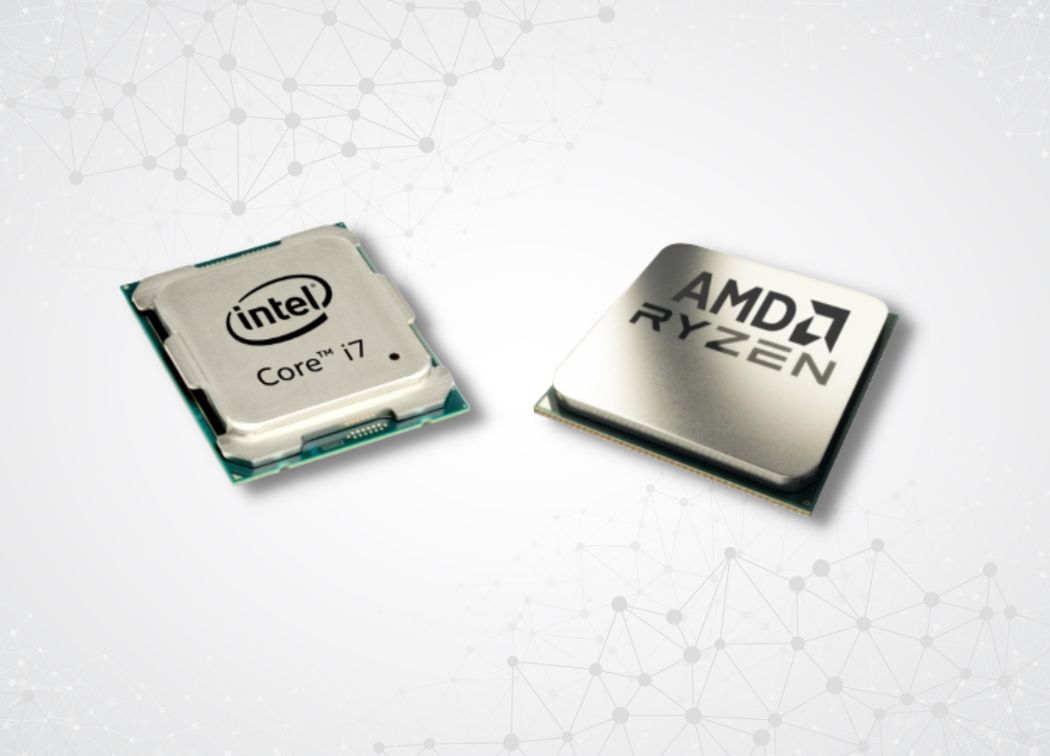
What is the Difference Between Ryzen Vs Intel?
The most straightforward way to answer this question, is to say that both Ryzen and Core have extremely similar performance across the board.
If you find the comparable chip from the competing company, then you’ll find that any difference is marginal and that you can play pretty much all the same games with no problem.
Where differences do occur, they are just that: differences rather than any obvious winner/loser.
In some areas one manufacturer comes out on top, in others, it’s the other.
One thing to keep in mind here, is that for gaming performance, the CPU has a relatively minor role to play.
CPUs tend to handle pure math and computation as it relates to things happening on the screen, physics calculations etc.

So, if you’re playing a bullet-hell game and thousands of bullets appear on the screen, each with its own trajectory and speed. The CPU will be responsible for handling all of them and making sure that they end up in the right place.
However, it’s the GPU – the Graphics Processing Unit – that will be responsible for actually rendering them to the screen and working out where the pixels should go.
These days, thousands of bullets are easy enough for even the slowest desktop processors to handle.
The number of polygons being pumped to the screen in a game like Assassin’s Creed Odyssey on the other hand is exponentially larger. Therefore, it is here that you are more likely to find the bottleneck.
It’s also important to remember that the CPU alone doesn’t determine the performance. It’s also about the way you use it.
So, if a manufacturer has limited the clock speed in order to keep the battery life up in a laptop, then you’re going to see weaker performance even from the same chip.
Related: how to tell if your CPU is bottlenecking your GPU
Likewise, the motherboard and the cooling can also directly impact on CPU performance.
The Differences
With all that said though, there are still some minor differences between these chipsets which you need to keep in mind.
Multitasking
For instance, when it comes to multitasking, Ryzen CPUs have a slight edge.
That is to say that they are better at ‘multithreading’, which means that they are better at running two simultaneous calculations by splitting up resources.
This is a little like trying to count to one hundred while patting your head and rubbing your stomach!
Historically, AMD chips would have more cores which helped to make this possible.
However, Intel has now caught up in this regard for the most part. Previously, Intel relied on hyperthreading to accomplish the same task.
Overclocking
AMD chips were also historically known for being better at overclocking and for having higher base clock speeds.
If you think of CPUs as working through tasks that are lined up in a kind of queue, then higher clock speeds effectively allow them to work through these items more quickly.
That therefore means that you can theoretically improve performance in a chip by increasing said clock speed.
The only problem is that as you push a chip to its limits, it can risk overheating and might also shorten its lifespan.
AMD chips always come unlocked, meaning that it’s up to you to push them as hard as you like.
Intel chips meanwhile will sometimes be locked at a certain base clockspeed. Look for the inclusion of the letter K at the end of the model number: this means that an Intel chip will be overclockable.
Keep in mind though that clock speed and threads are not the be-all-and-end-all of CPU performance.
For instance, the manufacturing process that gives us the number of nanometers (nm) also plays a role. This basically refers to the size of the tiny switches that make up any processor, with smaller numbers meaning that more switches can fit onto a small space while remaining energy efficient.
A low nm count can increase the number instructions per clock cycle. Meaning that a CPU with a lower clock speed might actually be faster with the same number of cores, if it is designed with a more modern process!
Single Core
So far then, you might assume that AMD had the edge on Intel. AMD chips are overclockable, they have more cores, and they typically cost less than Intel chips too!
But this isn’t quite the whole story. Many other factors can also determine processing power, such as a CPU’s instruction set (the software that dictates its operation), bus speed (which dictates the speed of communication with RAM and other parts of the system), the cache (a small amount of on-board memory), heat dissipation, and more.
A combination of these factors adds up to ensure that Intel still comes out on top when it comes to single thread performance.
That means that when there is just one task that involves lots of raw number crunching, Intel is going to come out on top.
Making Your Choice
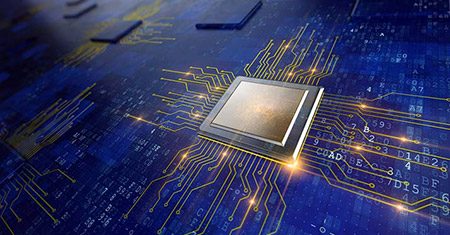
In the real world though, you are unlikely to notice this difference much. The differences in performance are still very minor, and seeing as most games will require a number of different types of processing, no one chip is ever going to come out as the absolute winner.
The right choice for you then will likely depend on your budget, your intended use, and more importantly: the rest of the hardware you intend on investing in.
If you’re buying into a gaming laptop, then Intel is generally found in a larger range of models and has more options.
Intel is more than likely the best choice if you are looking for integrated graphics for example.
Related: integrated vs dedicated graphics – quick guide
However, if you’re building a PC from scratch, then you might choose a Ryzen CPU owing to the cost. Also, to the fact that they have slightly more compatible chipsets. Some argue that this makes Ryzen CPUs a little more future-proof.
If you’re still unsure, consider watching gameplay and reading experiences with different types of hardware and see which is best at handling the kinds of games that you intend on playing.
Likewise, if you have other specific uses in mind such as coding (which may require emulation), CAD work, video editing, or using VR hardware. Read around and make sure that the chip you’re looking at will be compatible.
In most cases though, you’ll find that choosing the right GPU is more important for these types of task.
Consider all these factors and more when choosing your hardware.
But keep in mind that the precise model and many other factors play just as big a role as the ‘AMD vs Intel’ debate.
And moreover, find some solace in the fact that whatever you choose, you’re going to end up with a fantastic gaming experience.
We live in something of a golden age where even a Core M3 with integrated graphics, stuffed into a tiny handheld computer (the GPD Pocket 2) is capable of handling a number of AAA titles on lower settings.
It truly is an amazing time to be a PC gamer!
Related posts:
How to check your computer specs


